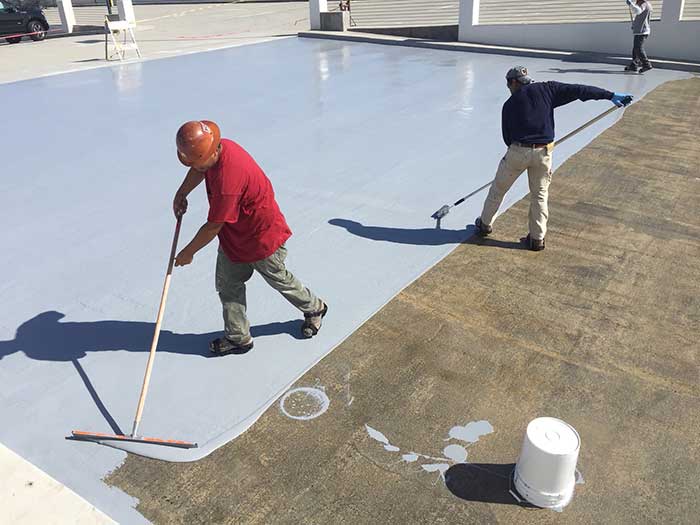
Introduction
Your home is not just a place to live; it's also a significant investment. One of the most important steps in protecting this investment is house waterproofing. Water damage can be incredibly destructive, causing structural issues, mold growth, and health hazards. In this article, we will explore the world of house waterproofing, its importance, various methods, and the benefits of professional services.
Why Waterproofing Is Essential
Water can infiltrate your home through various means, such as leaks, seepage, and moisture condensation. Over time, this can weaken your home's foundation and lead to costly repairs. House waterproofing is the solution to prevent these issues. It provides a barrier that keeps water out, ensuring your home remains dry and structurally sound.
Types of Waterproofing
There are two main types of house waterproofing: exterior and interior. Let's delve into each of them.
Exterior Waterproofing
4.1 Digging and Sealing
One common method is excavating the foundation walls, applying a waterproof sealant, and installing drainage systems. This method is effective in preventing water from reaching your foundation.
4.2 French Drains
French drains are trenches filled with gravel and a perforated pipe that directs water away from your foundation. They are a popular choice for managing surface water.
Interior Waterproofing
5.1 Sump Pumps
Sump pumps are placed in the basement or crawlspace to remove excess water. They activate automatically when water levels rise.
5.2 Sealants and Coatings
Interior sealants and coatings create a barrier inside your basement or walls to prevent moisture from entering your living spaces.
Signs Your House Needs Waterproofing
How do you know it's time to waterproof your house? Look out for signs such as water stains, mold growth, peeling paint, and a musty odor in your basement or crawl spaces. These are red flags that your home is at risk.
Benefits of Professional Waterproofing
Professional waterproofing services offer expertise and access to quality materials. They can customize solutions to fit your home's specific needs. With their help, you can have peace of mind that your investment is secure.
DIY Waterproofing vs. Professional Services
While some homeowners may attempt DIY waterproofing, it's often more effective and reliable to hire professionals. They have the experience to identify and address underlying issues that might be missed in DIY attempts.
Waterproofing Costs
The cost of waterproofing depends on various factors, including the size of your home, the extent of the issue, and the chosen method. It's an investment in the longevity and safety of your property.
Maintaining a Waterproofed House
Once your house is waterproofed, proper maintenance is key. Regularly check for signs of water damage and ensure that your drainage systems are functioning correctly.
Frequently Asked Questions
- What are the long-term consequences of not waterproofing my house?
- Without waterproofing, you risk structural damage, mold growth, and decreased property value.
- Can I waterproof my house myself?
- While DIY is an option, professional services offer better protection and peace of mind.
- How much does house waterproofing typically cost?
- Costs vary, but it's a worthwhile investment in your home's health.
- Does waterproofing increase my home's resale value?
- Yes, a waterproofed home is more attractive to potential buyers.
- How often should I reapply sealants and coatings?
- Maintenance schedules vary but generally require periodic inspections.
Conclusion
House waterproofing is a crucial step in safeguarding your home and investment. By addressing potential water issues before they escalate, you can enjoy a dry, safe, and structurally sound living environment. Remember, prevention is key, and professional services are a wise choice for the best results.
|